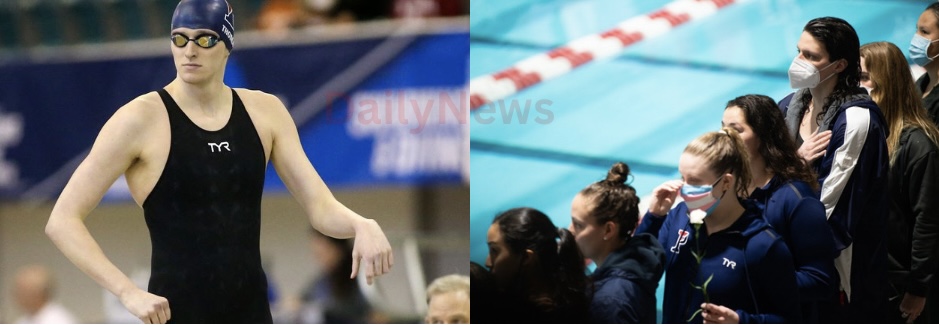The recent decision by a girls’ swimming team to decline a competition against a biological male, as expressed by Lia Thomas, has sparked debates surrounding fairness and inclusivity in sports. The team’s withdrawal underscores the ongoing discourse about the participation of transgender athletes in gender-segregated sports.
Lia Thomas, a transgender woman, has been at the center of attention in the realm of collegiate swimming. Her eligibility to compete against cisgender female athletes has prompted discussions about the intersection of transgender rights and the principles of fair competition. The girls’ team, in a bold move, chose not to face Thomas, contending that the physiological differences between males and females might create an uneven playing field.
Critics argue that such decisions perpetuate discrimination against transgender individuals and hinder their right to participate fully in sports. Advocates for transgender rights emphasize the importance of inclusivity and note that athletes like Thomas have met the eligibility criteria set by sports organizations. They believe that focusing on an individual’s gender identity rather than their assigned sex at birth is crucial for creating a more equitable and accepting sports environment.
This incident reflects the broader societal shift in perspectives on gender and identity. As conversations around transgender rights become more prevalent, the sporting arena becomes a battleground for competing values. Striking a balance between preserving fair competition and ensuring inclusivity poses a challenge for sports organizations seeking to adapt to evolving societal norms.
The debate prompts a closer examination of existing policies and whether they adequately address the nuances of transgender participation in sports. As society grapples with these complex issues, it remains to be seen how sports organizations will navigate the evolving landscape of gender identity and competition, seeking solutions that satisfy both the principles of fair play and the imperative of inclusivity.

Leave a Reply